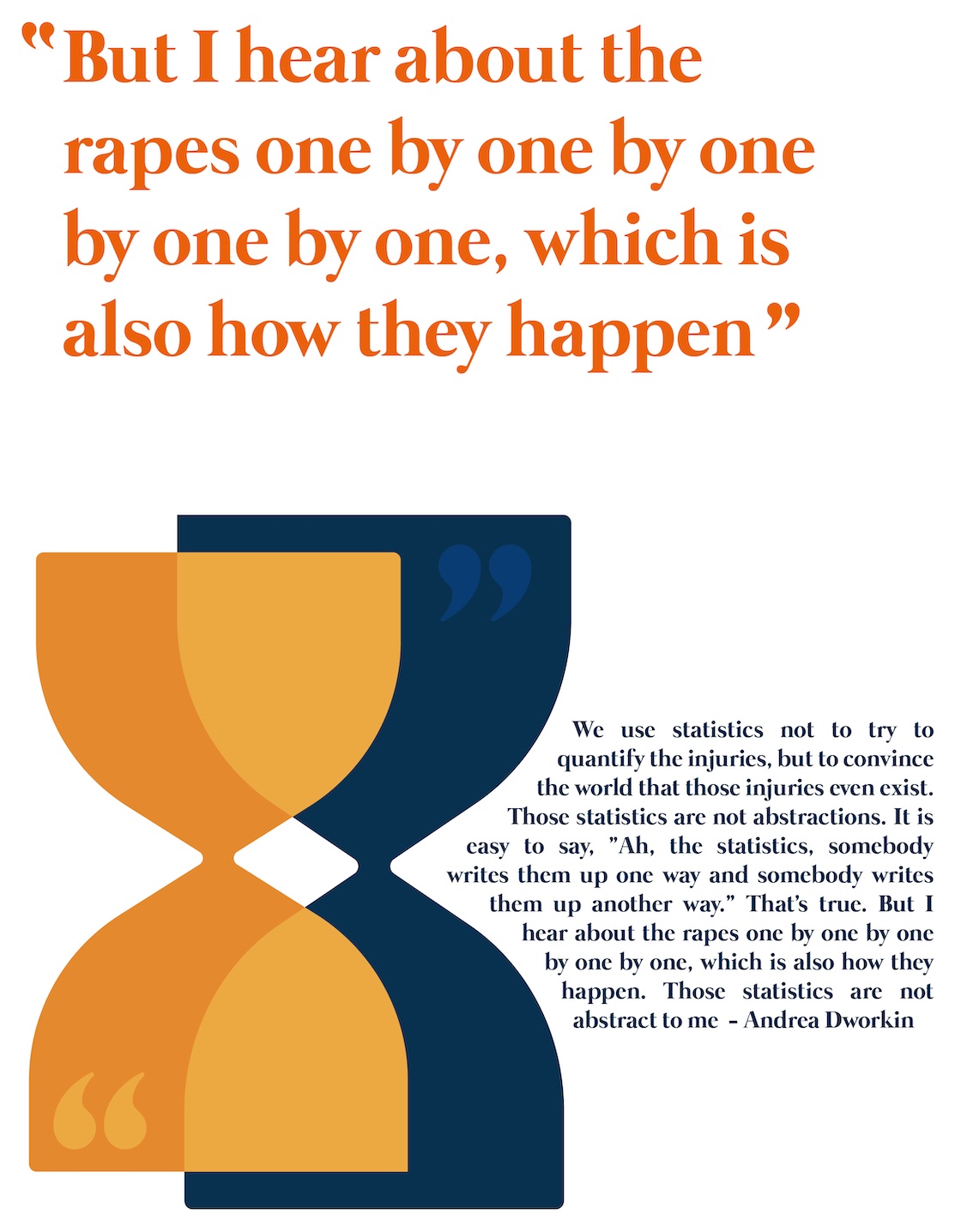by Heather Cole and Anu Pillay

In the 37 years since Andrea Dworkin gave this speech, feminists globally have continued, often at great risk to ourselves, the work challenging rape, sexual assault, sexual harassment, in our homes, in our workplaces, in public spaces, in conflicts. Activists everywhere have been engaged in serious and dangerous work challenging sexual violence in many dimensions; it cannot be said that the world is not ‘aware’ of the sexual violence perpetrated against women and girls.
Feminists have generated the data, made presentations, written reports, marched, argued, proposed policy changes, demanded change, convened, tracked the resourcing, built the skills. Feminists have built services, often voluntarily, for survivors, developed service standards, designed prevention programs, pushed to strengthen protective mechanisms. Feminists have brought the language to describe survivor experiences, and to name the realities of being women and girls in patriarchal worlds.
And yet, so little has changed. Every time we have a surge of activism, from Beijing onwards, we hear the same resistances: we need to educate boys and start with the next generation, it will be different at some unspecified point in the future; it’s not that bad, women and girls exaggerate; anyway, there’s so many false accusations because women and girls have regrets after bad decisions; they provoked it; they were engaged in risky behaviors; they were drunk, or drugged and careless; they shouldn’t have been out; they shouldn’t have married him; they should have called for help.
When we challenge these tired old tropes, we meet another layer of resistances: you need to bring men on-side; you need to be less aggressive; you need to stop making such a big deal about it; Not All Men Are Like That; is it really that big an issue, though, compared to every other issue we could be talking about; you have to stop blaming men; it’s awful but those men are different and it’s sad but we really don’t see what it has to do with us. On and on and on. 37 years since the speech and the resistance is entrenched. So, we dared you to stop, we demanded you stop. We will beg you to stop, if that’s what it takes. What does it take, actually, for men to stop raping and sexually assaulting women and girls? You asked for evidence and we provided it. You asked for analysis and we provided it. You told us it wasn’t that bad and we showed you it is. You told us we’re exaggerating and we demonstrated that we are not. We asked nicely. We asked politely. We asked propositionally. We marched. We shouted. We demanded. We will beg if we have to. What needs to happen for this to stop?
